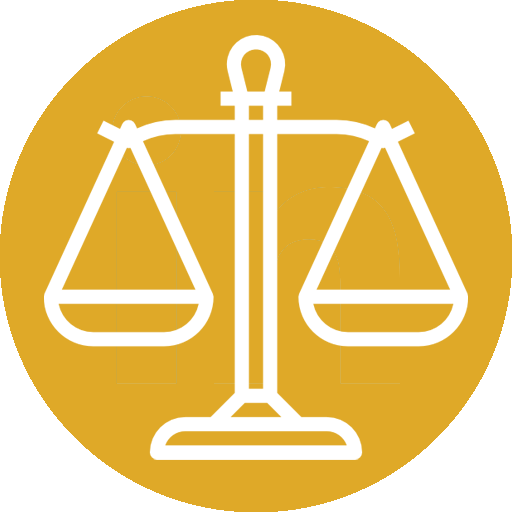Follow Us x
Contact Info x
Today's DA
April 25, 2014
Today's DA Magazine: http://www.rivcoda.org RIVERSIDE, CA
The Riverside County District Attorney's innovative "Youth Court" program will expand into two more cities this fall. But D.A. Paul Zellerbach wants to make the program available to all middle and high schools in the county.
That takes manpower, energy and time, said David Greenberg, Chief Deputy D.A. "But we have a vision in the District Attorney's Office and we hope to get there at some point," he said.
Today's D.A. Magazine talked with Greenberg about what's needed to enlarge the program which gives first-time juvenile offenders of non-serious crimes a second chance to succeed.
Youth Court doles out sentences to the offenders of minor crimes who have pleaded guilty. But the sentences are determined by a jury of the offenders' student peers. The judge, prosecutor and defense attorneys are also students. Only the court deputy is a real deputy sheriff or police officer. Of course, it's supervised by real judges, prosecutors and defense attorneys who all volunteer their time to ensure "Youth Court" justice is properly handed down and carried out.
The punishment is typically some combination of restitution, apology letters, and community service. But because the juvenile offender's own peers are interacting with him or her, recidivism just doesn't occur, Greenberg said.
"Results have so far been absolutely wonderful," he said. "It gives the kids and their families a chance to have a positive experience with law enforcement. For many of those folks, that's not a normal occurrence."
Youth Court is currently offered only in the cities of Riverside, and Palm Desert. The program is expected to expand into the cities of Indio and Palm Springs this fall. To take it county-wide, Greenberg said they'll need many more volunteers, and the cooperation of all local police agencies, school districts, courts and parents.
Greenberg said diverting a juvenile offender to Youth Court first requires a collaborative effort between the local police agency, high school and D.A.'s Office to identify those offenders who might benefit from the program. "If they're holding up a liquor store, they're not going to get Youth Court," he said.
Then the juvenile offender must admit their offense right off the top. Their parents must also agree and volunteer to participate with their child in the program. Then it's a matter of volunteers, time, facilities and money.
Greenberg said they'll need more volunteer attorneys from both side to teach the students how to serve as prosecutors and defense attorneys. They'll need more judges to oversee the proceedings, and deputies or police officers to maintain security. They also need more courtrooms in which to hold Youth Court after normal court business hours. Finally, the D.A. needs to get more grant money to help cover the program's costs.
It's a major undertaking. In the end, however, everybody wins Greenberg said. "The kids learn to make better choices. They stop re-committing crimes, and lots and lots of people who don't know anything about the juvenile justice system or law enforcement, in general, get a positive experience."
"The upside for the District Attorney's office and the criminal justice system is we take those cases out of the juvenile justice system. Those kids don't go to juvenile court and juvenile hall where, frankly, the results are not as good as what we do in Youth Court."
Greenberg said, Youth Court Works. It has helped reduce the D.A.'s juvenile court filings by almost 35 percent since 2011. "That's a real number that really matters, and that's real improvement in our communities."
newnew.png)







